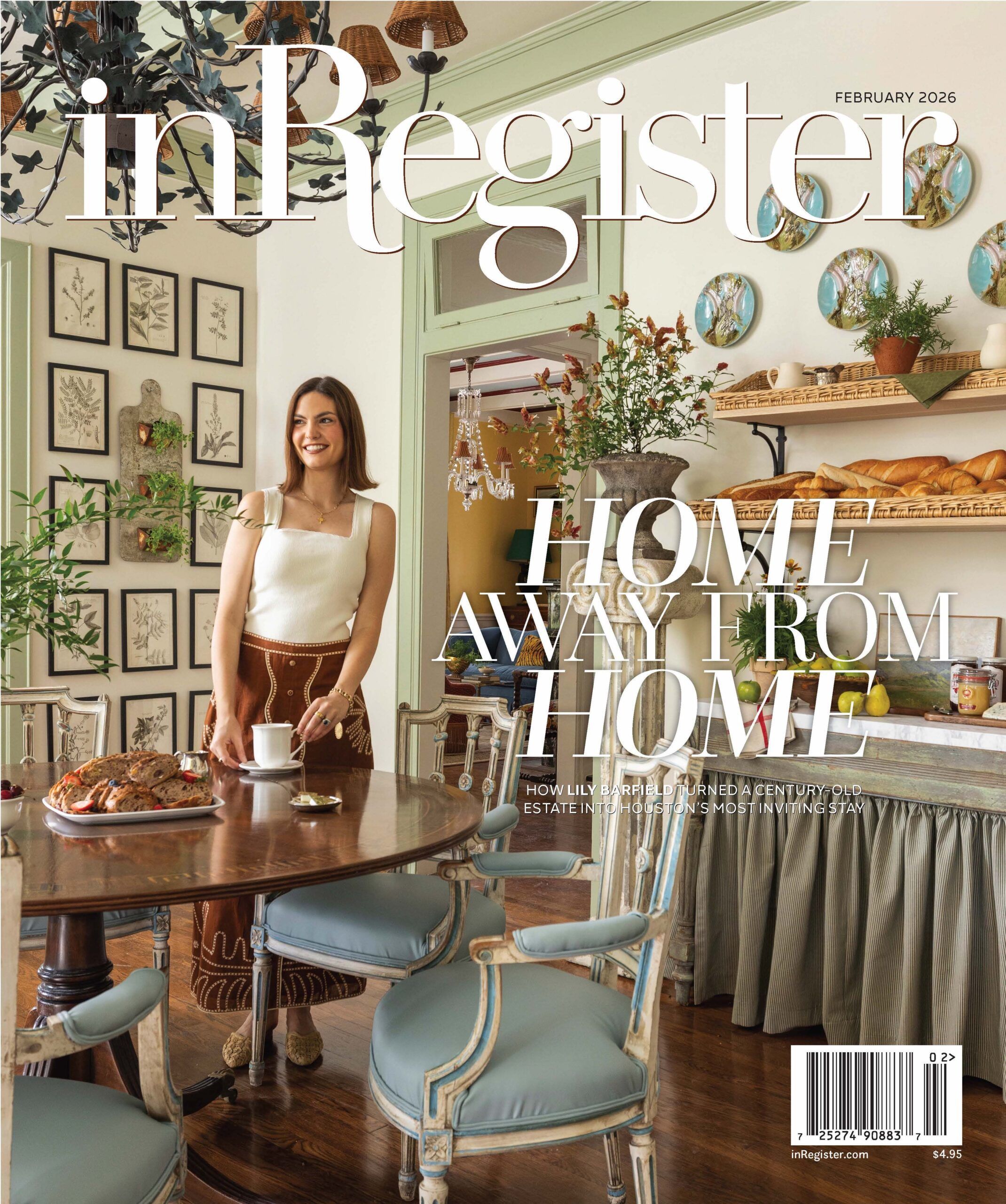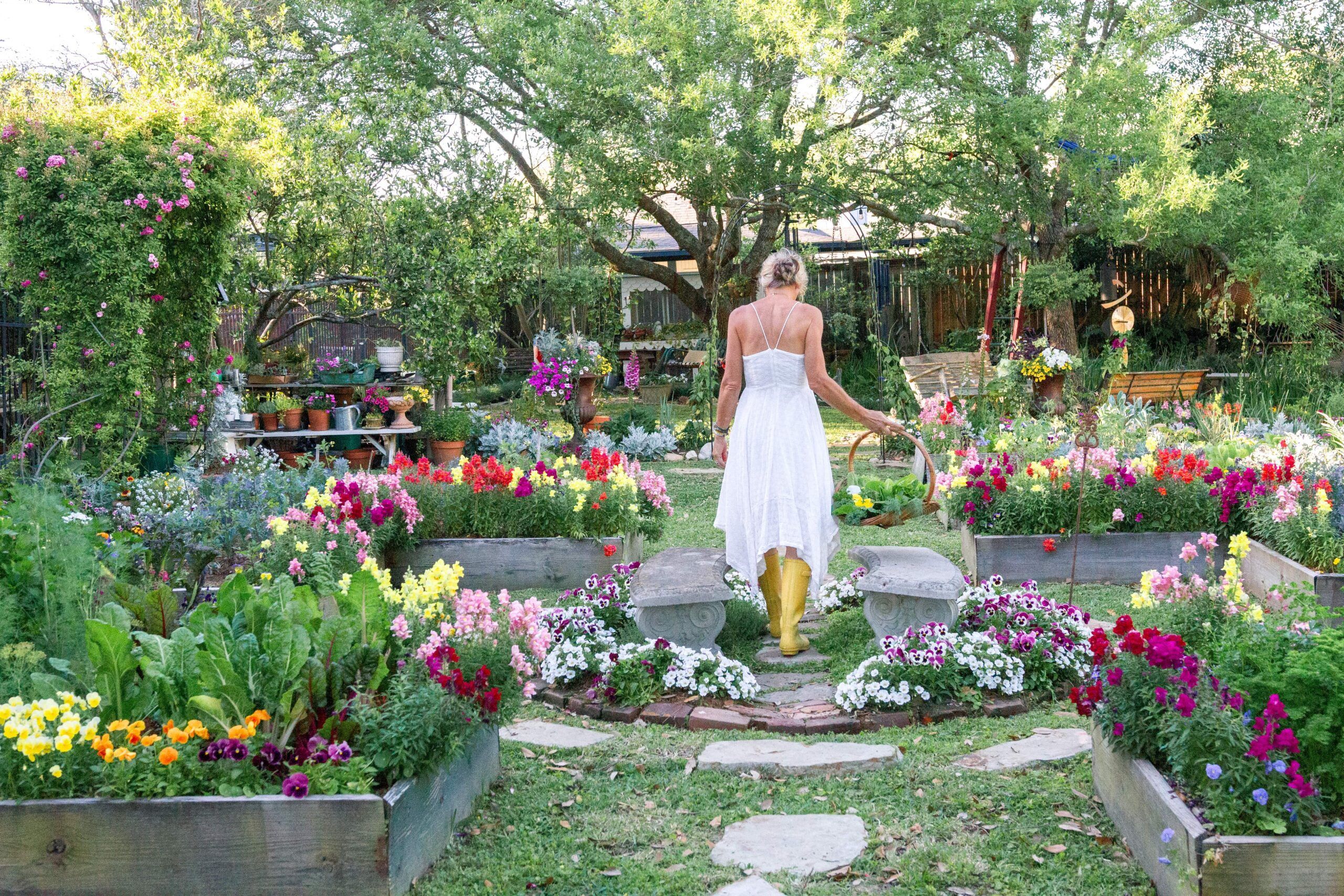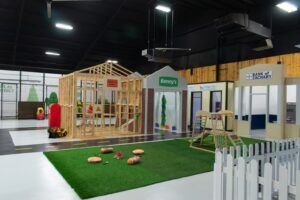This Thyme Gardens aims to spread the green thumb love one raised bed at a time
Among the many stories cultivated in Kathleen Pourciau’s years raising seven children, the gift of the daffodils remains one of her favorites. First given as bulbs to her daughter Bonnie Kate Zoghbi for her September birthday in 1997, they bloomed just in time for the birth of Pourciau’s son Noah in the spring, leading to more than 20 years of traditional gifting, burying and admiring the lifecycle of the trumpet-faced bloom.
In short, flowers have long been a part of Pourciau’s home. But when she found herself in her Baton Rouge sunroom on the first days of the COVID-19 lockdown in 2020, staring out into her sparse backyard with Zoghbi at her side, a more practical—and tastier—vision sprung to life.
Using wood from old structures around the house, Pourciau and Zoghbi constructed the first of several raised-bed kitchen gardens that spurred a verdant wonderland. The blooming yard is now frequented by the family dog Pluto, pet rabbits, plenty of pollinators, and the human residents whose hands and baskets full of harvest make the bounty possible.
In spite of the carefully planned plots, vine-wrapped trellises and evenings clinging to glasses of wine beneath the bowers, though, something about the setting felt incomplete. “I didn’t want it to stop with me,” says Pourciau. “I’d rather be a channel for things to flow through me and help other people thrive. Anyone can do this.”
Acting on the advice of Zoghbi’s husband Max, Pourciau enrolled in a 12-week online business course to learn how to be a garden consultant. A website went up, Instagram savvy was honed, and Pourciau’s This Thyme Gardens consulting business was born this past May, allowing Pourciau to help design, build and install other people’s raised kitchen gardens. She also offers would-be gardeners a “companion planting guide” that explains which plants, flowers and herbs benefit from each other’s company.
“For example, who knew that a passionflower is the host plant for Gulf fritillary butterflies?” says Pourciau. “That beauty is a comfort to me, and it helps us breathe a bit deeper and slower, but we also need more pollinators, which are drawn to the flowers, which in turn help the vegetables. It’s not a small thing to make the world more beautiful.”
In the end, Pourciau hopes that big things can spring from her little gardens, starting with the spiritual invigoration that comes from being in nature. “Once you learn what the plants need, you learn that the idea of the ‘brown thumb’ is a myth,” says Pourciau. “Everything wants to live.” thisthymegardens.com












